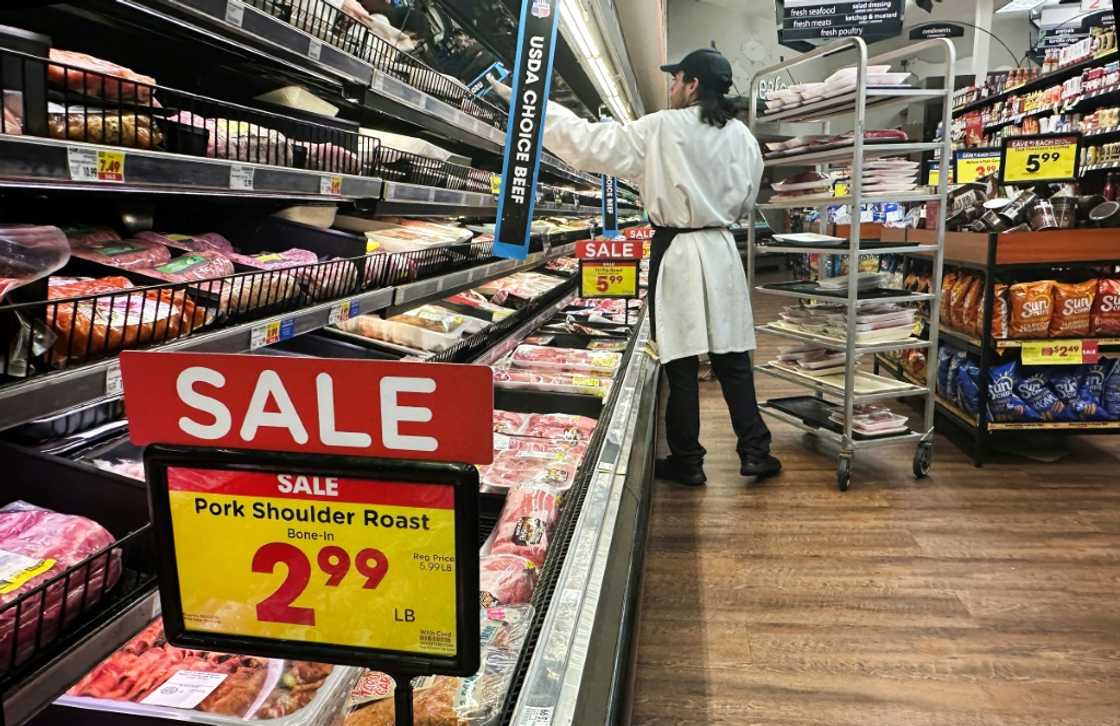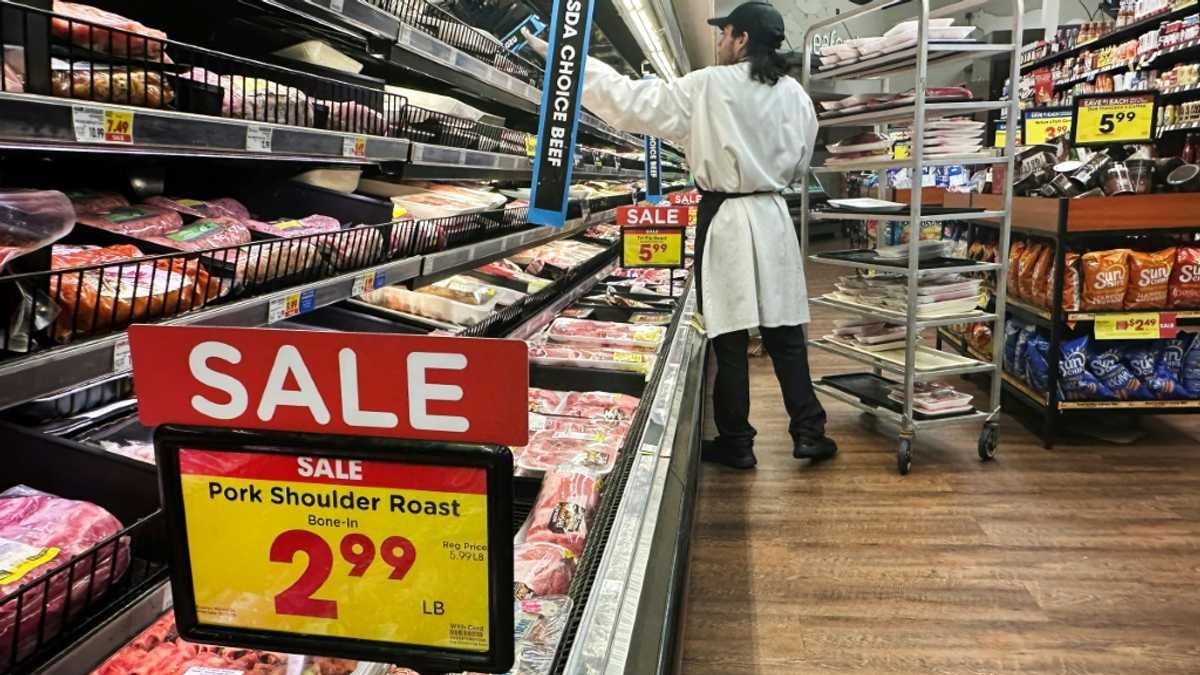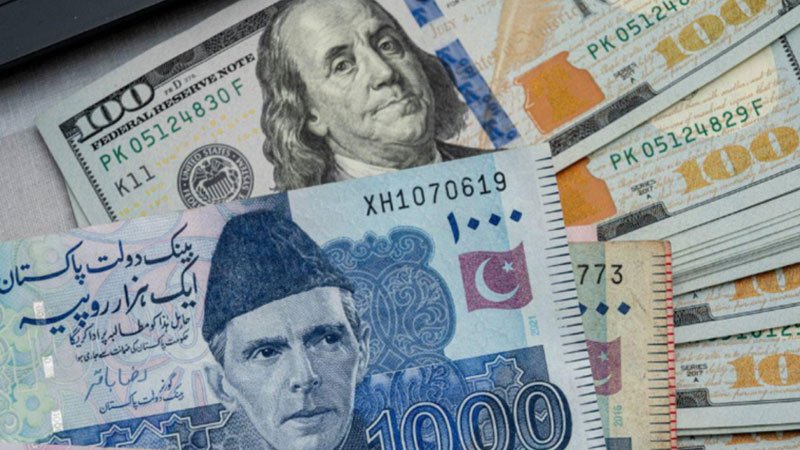
US Retail Sales Falter: Consumer Health Under the Microscope

Retail sales in the US showed smaller increases than anticipated in February, as per government statistics issued on Monday. These figures marked a recovery from previous decreases, with everyone closely monitoring consumer expenditure amidst escalating concerns about a potential economic downturn.
Customers play a crucial role in driving the largest global economy, with expenditures bolstered by a robust employment sector and increasing wages. However, families have depleted the savings they built up during the COVID-19 pandemic.
President Donald Trump’s economic strategies—which thus far encompass extensive increases in tariffs along with significant reductions in federal spending—have likewise hindered consumer confidence over the past several weeks.
In February, retail sales edged up by 0.2 percent from January to reach $722.7 billion, as reported by the Commerce Department data.
The number represented an enhancement compared to January’s 1.2 percent drop in sales; however, a collective prediction by analysts anticipated a more significant increase of 0.7 percent in February, as per Briefing.com.
The figure for January was updated to indicate a more significant decrease compared to initial projections.
Upon assuming office, Trump initiated significant increases in tariffs on crucial U.S. trade allies as well as essential commodities such as steel and aluminum — actions that economists caution might lead to short-term inflation if continued. Additionally, his economic strategies have caused volatility in financial markets.
However, when questioned regarding these changes, authorities mention tariffs as a method for increasing governmental income and hint at an array of future measures such as deregulation and tax reductions.
Risk of weakness
A year ago, retail sales increased by 3.1 percent in February, according to government data.
In the various sectors, sales at stores selling motor vehicles and parts decreased by 0.4 percent from January to February.
Restaurant and bar sales dropped by 1.5% compared to the previous month, and sales at electronic stores and gas stations also declined.
Nevertheless, the comprehensive report ought to ease worries about the economy contracting, noted economist Samuel Tombs from Pantheon Macroeconomics.
However, “there is an increased likelihood of significantly slower economic growth as consumers aim to restore their savings cushion due to worries over employment stability,” he stated in a memo.
Robert Frick, a corporate economist from the Navy Federal Credit Union, anticipates that consumer income will be a crucial element affecting expenditure moving forward, noting that it continues to “increase at a healthy pace.”
He stated that consumers have demonstrated recently that even with significant concerns about inflation and COVID-19, they will continue to make purchases if they have the funds available.
The complete impact of Trump’s tariff strategies and governmental reductions continues to permeate throughout the U.S. economy nonetheless.
A recent report indicated that last week consumer confidence dropped significantly in March — marking the third consecutive month of decline. Numerous respondents pointed to heightened levels of policy ambiguity along with various economic issues as primary concerns.
Share this content:



















Post Comment